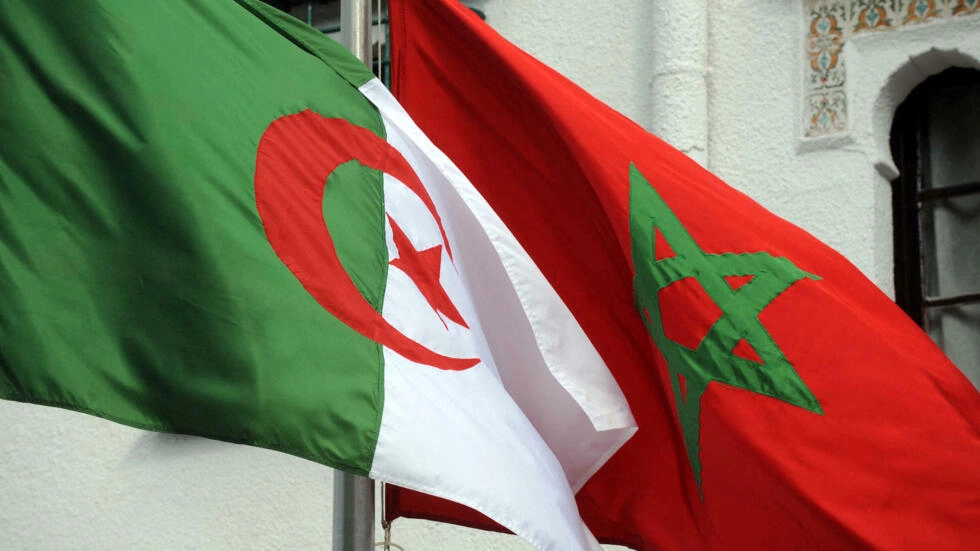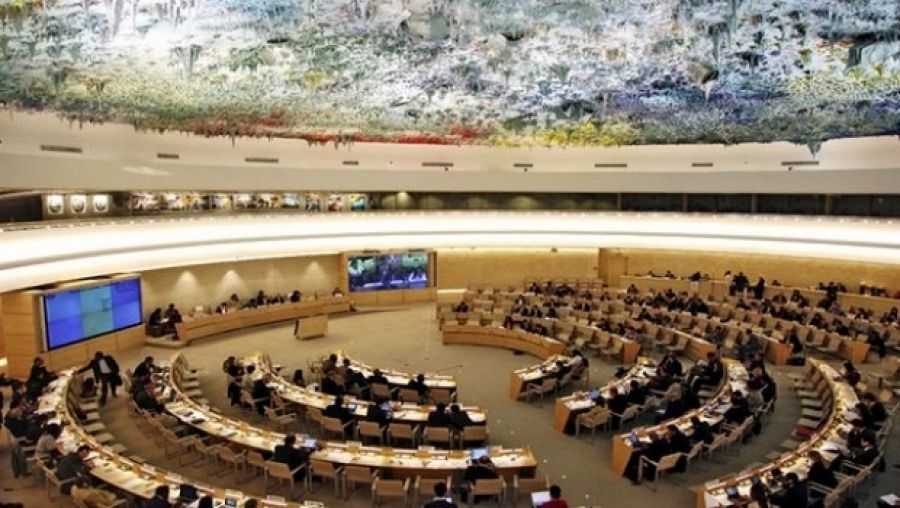The inter-Malian dialogue continues. After the municipal phase, ten days ago, the discussions organized at the regional level, as well as in embassies and consulates, ended on Monday. Wanted by the Malian transitional authorities, this dialogue is supposed to bring peace to the country, while the 2015 peace agreement was broken and fighting has resumed between the Malian army and the CSP rebel groups (Cadre permanent strategic), in the north. Since the army’s victory in the rebel stronghold of Kidal in November, tens of thousands of Malians have fled to the border areas of Mauritania and Algeria.
Among the participants in the dialogue in Tamanrasset, a large number of Tuaregs from the Dahoussak fraction. They were responding to the call of the leader of their community, Moussa Ag Acharatoumane, also a member of the National Transitional Council and founder of the MSA (Movement for the Salvation of Azawad), an armed group from the north allied with the Malian transitional authorities.
The Daoussaks who took part in the dialogue in Tamanrasset did not do so under the banner of the MSA, but it was Ilyas Ag Siguidi, spokesperson for this movement, who spoke on their behalf. “ It was really a very important exercise for our community, and for Malians in general. With a message of peace, so that Malians live together, as before the crisis. The proposals were really to tell the Malian army to secure the territory of Mali, and to chase away all the terrorists who complicate the lives of the populations,” he said.
Like 40,000 to 50,000 Malians, according to UNHCR estimates, Bachir* fled the Kidal region last November, during the offensive of the Malian army and its auxiliaries from the Wagner group against the CSP rebels. Now a refugee in Algeria with his family, Bachir is a civilian, he is not a member of any armed group. However, he judges that the rebels should have been able to participate in the discussions. But the Malian transitional authorities, who officially broke the 2015 peace agreement, now describe them as “terrorists” and refuse to dialogue with them.
This is the reason why he did not wish to participate. “The real dialogue must take place between the government side and the actors on the ground. They are the ones who are in conflict. Without these actors, there can be no peace. This dialogue is just to gain time for the transition, it benefits them (the leaders of the transition, editor’s note),” considers Bachir, who is not planning to return to Mali for the moment.
He hopes that community representatives from the north who have chosen to collaborate with the Malian transitional authorities will not limit themselves to calling for the return of displaced people and refugees. He asks them to be able to guarantee their security and to denounce the abuses of the army and Wagner against Malian civilians.
There are no precise official figures on the number of Malians currently taking refuge in Algeria. The country has kept its borders open to welcome them but does not recognize, for the most part, their refugee status and the UNHCR (United Nations High Commissioner for Refugees) has been waiting for months for authorization to go to them.














